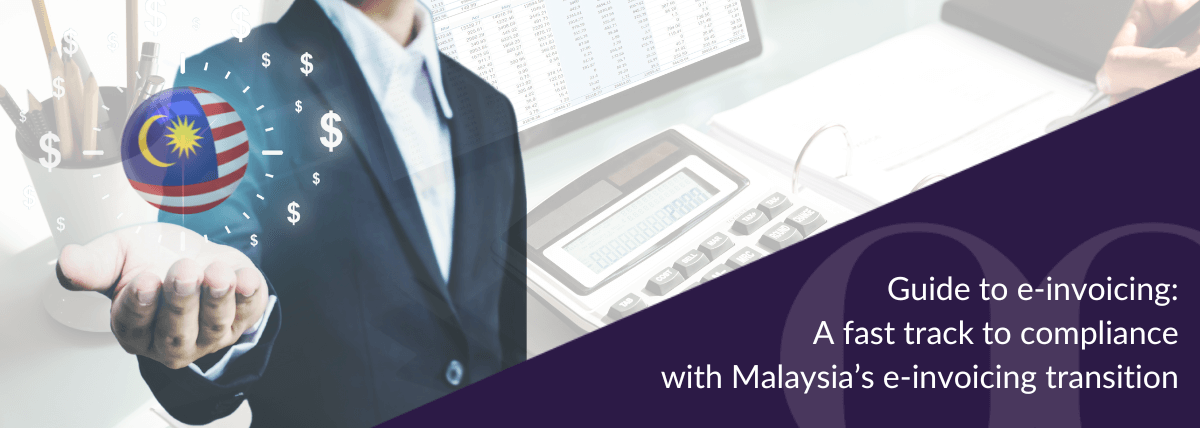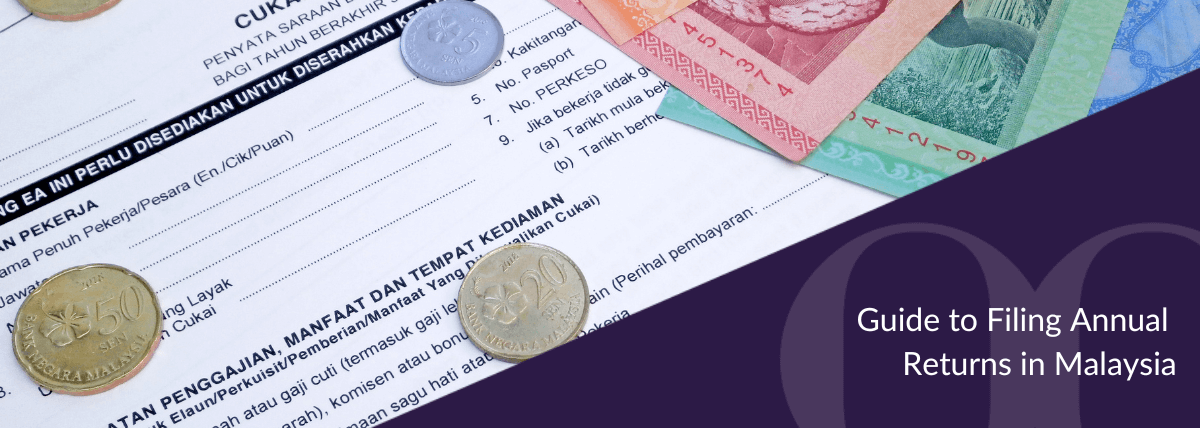Ensuring your company operates compliantly in Malaysia involves filing annual returns. This legal requirement keeps the Companies Commission of Malaysia (SSM) informed about your company’s current status. This guide simplifies the process for you, providing a step-by-step approach to filing your annual return electronically. This will help you fulfil this important obligation efficiently and maintain the integrity of your business standing in Malaysia.
What Is an Annual Return (AR)?
An Annual Return (AR) is a mandatory document that must be filed with the Companies Commission of Malaysia (SSM) yearly by registered companies in Malaysia. This comprehensive report provides a snapshot of your company’s essential details, ensuring transparency and keeping the authorities informed.
Why Is Filing Annual Returns Important?
Filing annual returns is important for several reasons. First and foremost, it guarantees your business operates compliantly. The SSM utilises these reports to verify your company’s legitimacy and adherence to regulations. Additionally, annual returns promote transparency. By submitting accurate information, you demonstrate responsible business practices, potentially fostering trust with investors, clients, and partners. Finally, timely filing helps you avoid potential penalties imposed by the SSM for late submissions.

Who Needs to File an Annual Return?
All registered companies in Malaysia are required to file an annual return. This includes limited liability companies (LLCs), private companies limited by shares, companies limited by guarantee, and foreign companies registered to operate in Malaysia.
What Information is Required in an Annual Return?
Your annual return filing in Malaysia should include the following key details:
- Company Details: This section captures your company’s name, registration number, and registered office address.
- Business Activities: Briefly describe the core business activities your company undertakes.
- Director(s) Information: Provide the full names, identification numbers (IC/Passport), and residential addresses of all company directors.
- Company Secretary Information (if applicable): If your company has a designated company secretary, include their name, IC number, and residential address.
- Members’ Information (shareholding details): List all company members (shareholders) and their corresponding shareholding details.
How to File an Annual Return?
The company secretary should file, sign, and submit the annual return electronically through the Malaysian Business Reporting System (MBRS) in Malaysia, as this user-friendly system streamlines the process. To ensure accurate filing of annual returns, you should follow the below steps.
Once you have downloaded the mTool, use it to enter company details, director information, shareholding details, and other relevant information. Then, import your prepared financial statements, if applicable, into mTool for verification.
- Log in to SSM4U and access the MBRS Portal.
- Create a new annual return submission.
- If you use mTool, upload the generated XBRL file directly into the portal. Alternatively, you can manually enter the data into the online form.
- Carefully review all information for accuracy before submission.
- Submit the annual return electronically and proceed to pay the filing fees online.
- Upon successful submission, you will receive a confirmation email with a reference number for your records.
Deadlines and Due Dates of Annual Returns
Companies are required to file your annual return within 30 days of your company’s anniversary date, which is the date your company was incorporated. In the case of a foreign company, the annual return due date will be on the company’s registered date. This deadline is independent of your financial year-end.
It’s also crucial to double-check the deadlines and due dates with the SSM website for any change in regulations.

Penalties for Late Filing
Late filing of annual returns can result in fines imposed by the SSM. The severity of the penalties depends on the duration of the delay and whether the company is a private or public company. These penalties must be paid during the delayed submissions of the documents to SSM.
Furthermore, neglecting to file can lead to additional legal consequences, such as the SSM striking the company off the register. This can significantly impact your business operations, making it difficult to open bank accounts, enter into contracts, or maintain good legal standing.
How can BoardRoom help with your Annual Returns Filing?
Filing annual returns is a necessary step for maintaining a compliant and transparent company in Malaysia. By understanding the process and adhering to the deadlines, you can ensure your business operates smoothly and avoids any potential complications.
BoardRoom offers professional assistance with filing your annual returns. Our dedicated team of corporate secretarial specialists can guide you through the entire process, from preparing your documents in XBRL format to filing your annual returns accurately and on time. This allows you to focus your valuable time and resources on running your core business activities with peace of mind.
Contact us today and let us guide you every step of the way with our tailored services and advice.
Related Business Insights
-

24 May 2024
10 Advantages of Outsourcing Your Payroll Services
Explore the benefits of outsourcing payroll and discover how outsourced payroll providers like BoardRoom can stream …
READ MORE -

24 May 2024
IPO Application: A Guide to Listing Your Company in Malaysia
Navigate your IPO application in Malaysia effortlessly with BoardRoom's expert support and unlock opportunities on …
READ MORE -

15 May 2024
Guide to e-invoicing: A fast track to compliance with Malaysia’s e-invoicing transition
Develop your understanding of what e-invoicing is with our ultimate guide. Here’s what you need to know about lev …
READ MORE

























